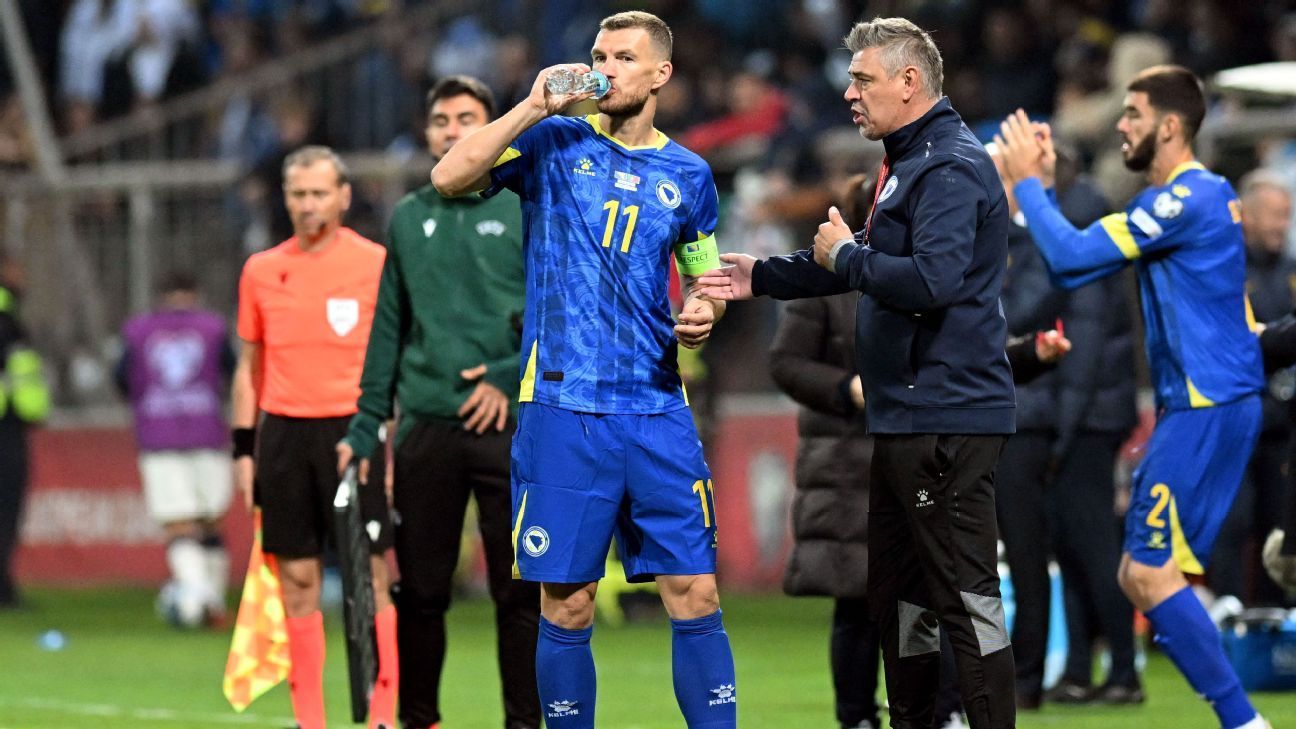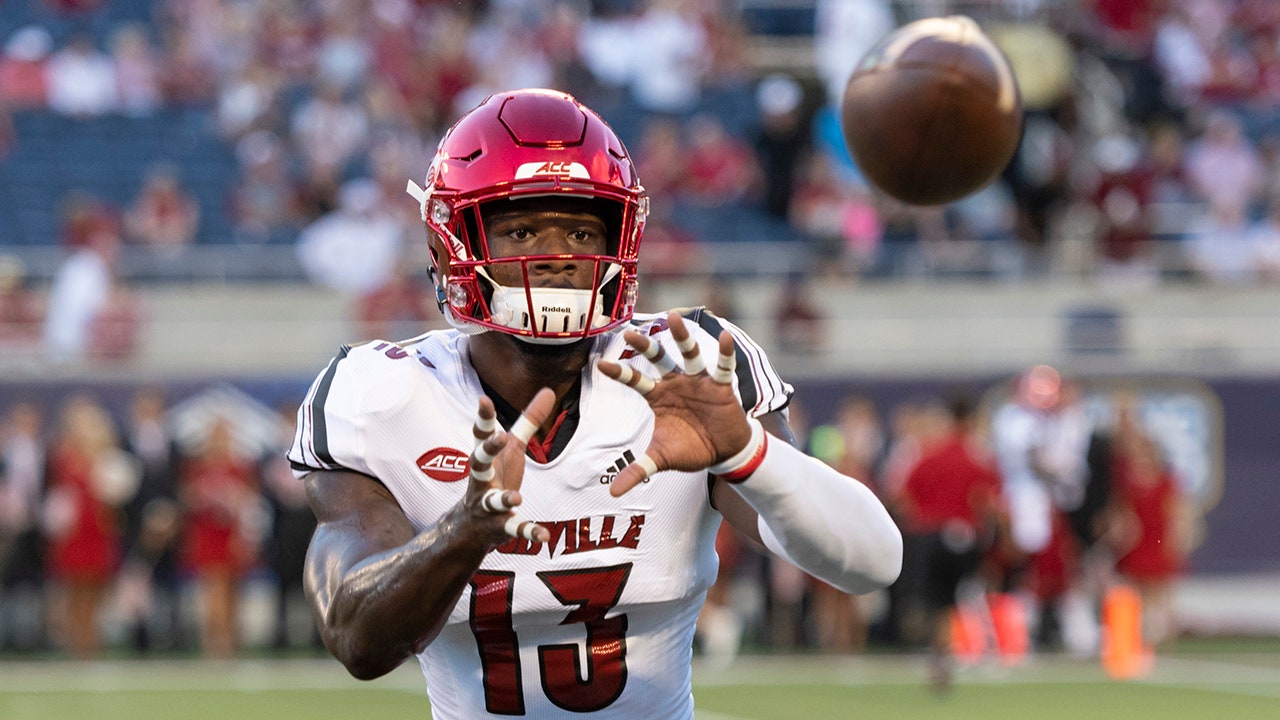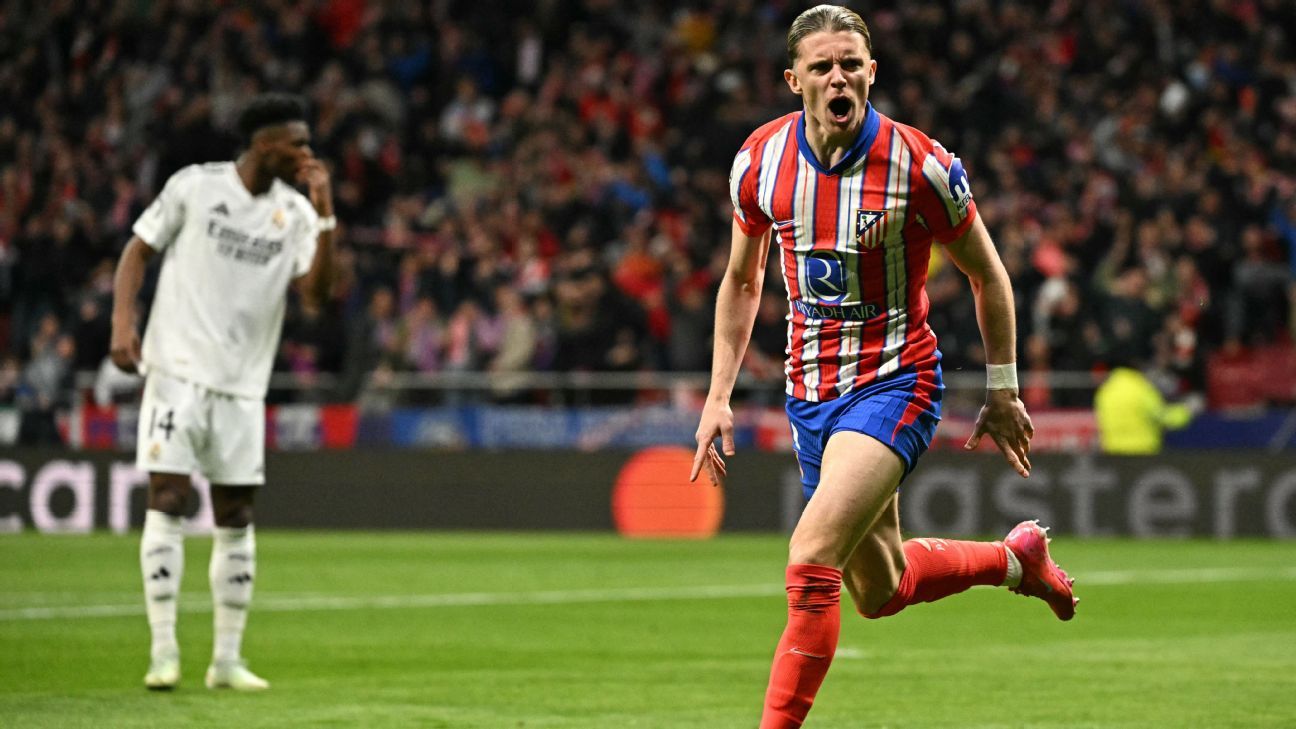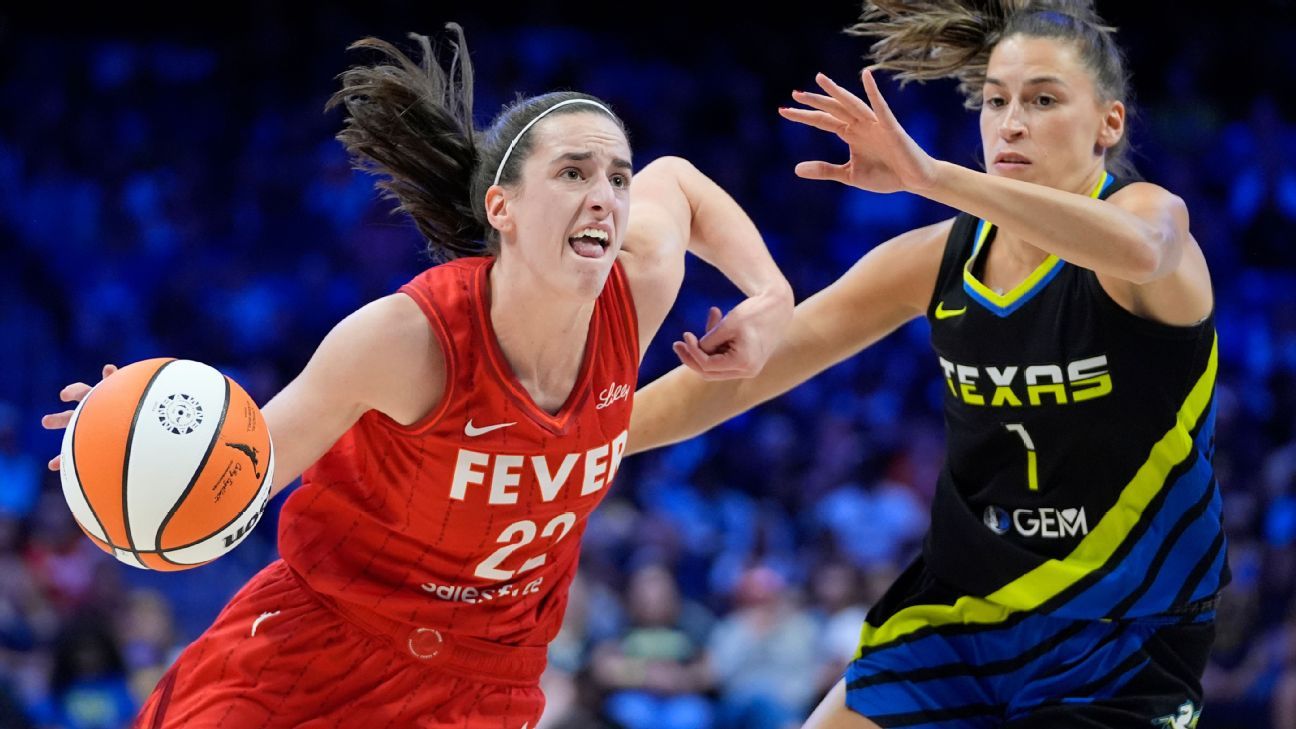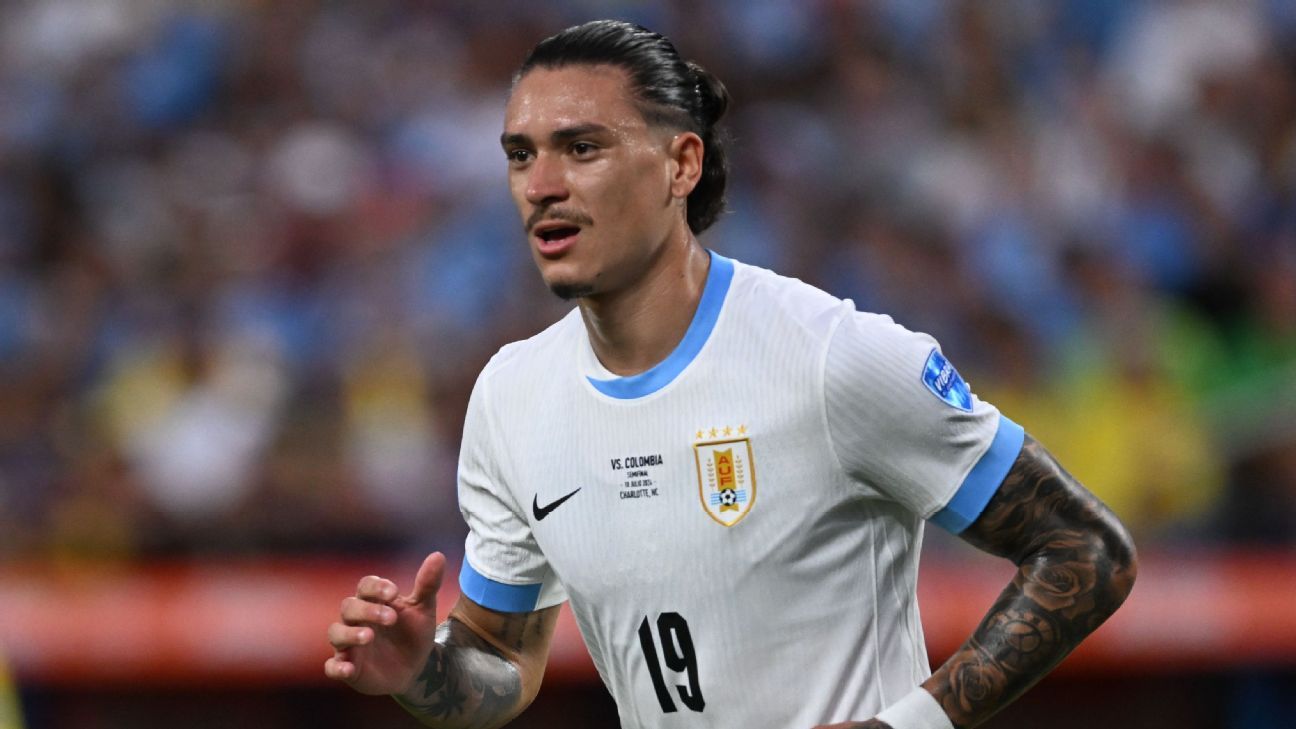Savo Milosevic has enjoyed a life full of travel and has helped shape the Bosnia and Herzegovina coach's perspective on the profession that has given him life for the past 30 years.
Milosevic, of Serbian ethnicity and Bosnian citizenship, played in Serbia, England, Spain, Italy and Russia during a career in which he scored 226 goals in 588 club appearances between 1992 and 2008, while his 14 years as an international player resulted in 37. goals in 102 games for Yugoslavia, Serbia and Montenegro and, finally, Serbia.
When he was named Bosnia and Herzegovina coach in September, it marked the 50-year-old's fourth managerial position after spells with Montenegro (2011-12, as assistant), Serbia (2019-20, with Partizan Belgrade) and Slovenia (2021, with Olimpija Ljubljana). Borders, nationality or religion never really mattered to Milosevic during his peripatetic career, which is why he was willing to take on this job despite the turbulent history of the Balkans and his past as a player with Serbia. . Only football counts.
– Stream on ESPN+: LaLiga, Bundesliga, more (US)
“It's not a problem for me,” Milosevic told ESPN. “Maybe there are some small groups of people everywhere who still live in the past, but no. It's not a problem and never has been. To me, there are two types of people in the world: the good and the bad. “I do not recognize different nations or different religions. We are all equal.”
Milosevic's team, which will face Ukraine on Thursday in the Euro 2024 playoff semi-final at home in Zenica, represents the melting pot of ethnicity and religion in Bosnia and Herzegovina.
The country declared independence in 1992 at the start of a three-year conflict that left 100,000 dead and more than two million displaced as refugees. Almost 30 years after the end of the war, Bosnia and Herzegovina remains a multiethnic society: 50.1% of the country declares itself Bosnian, 30.8% Serb and 15.4% Croat, according to the CIA World Factbook. Bosnian, Serbian and Croatian are the three official languages of the country.
Arranging time to speak with Milosevic through the Bosnia and Herzegovina association, their perspective becomes clearer when they ask their press officer if the coach needed a translator to help with the phone interview. “His English is perfect,” said Dinko Ceko, Bosnia's press officer. “In addition to Serbian, he speaks English, Spanish and Italian, so he chooses the one that suits you best!”
“We are a hybrid,” Milosevic said. “We're mixed. In this area we have a great mix of everything. And when you mix two or three products and make the best one, maybe that's important too.”
“From my perspective, what I've been doing over the last 30, 35 years, I've learned a lot from different cultures, different stories, different religions. I have players from all over the world and I'm blessed because I can't. I've been in a position to learn a lot, “Not just football, everything.”
“God forbid, if we were all the same, how would we be in a position to learn anything? Our differences should be something we learn from each other and become richer, smarter and wiser.”
Milosevic was one of the first non-British players to play in the Premier League, signing for Aston Villa in a then club record £3.5 million move from Partizan Belgrade in 1995. After some initial struggles at Villa Park , could not score the goals. that would justify his transfer fee, he became a cult figure due to his work rate and determination to succeed.
“I had the privilege in my life to be able to play in probably the three strongest leagues in the world: the English, the Italian and the Spanish,” Milosevic said. “Thanks to that I have been able to learn a completely different mentality. I learned that talent is not enough, that there are also other things on and off the field.
“The English have a completely different mentality, completely different in many aspects. I have been able to learn many things and since the league was very strong back then, physically stronger than other leagues, when I arrived in Spain [with Real Zaragoza in 1998]”It was easy for me to play in Spain and other places because in England I was well prepared.”
Milosevic's outlook may be important as Bosnia and Herzegovina prepares for its meeting with Ukraine, a country still torn by war after the Russian invasion in February 2022. If Bosnia wins on Thursday, it could face Israel for a place in the Euro 2024 in the event that the Israelis defeat Iceland in the Route B playoff in Budapest.
Having endured its own conflict in the 1990s, when the Balkan War saw the former Yugoslavia split into seven independent nations (Serbia, Montenegro, Slovenia, Croatia, North Macedonia, Bosnia and Herzegovina and Kosovo), Bosnia and Herzegovina He has suffered his own tragedies. and atrocities, but Milosevic says he will not allow himself or his players to be distracted by the challenges facing their opponents this week.
“I don't follow it, I don't follow anything, and my focus will be on football, on my team and that's my concern and that's it,” Milosevic said. “I understand the situation, with Ukraine of course, but we can only do what we can.
“I have to prepare it as best I can. I'm not going to focus on things that don't depend on me. I'm not going to waste my energy.” [on the situation in Ukraine] Because we need all the energy for ourselves, for me as a coach, for my team and also for the players.
“We need all our concentration for the match. The rest? It's not up to us. Ukraine is, for me, definitely one of the 10 or 12 best teams in Europe, so it's going to be very difficult for us. We are a team old, maybe too old, but we have our hopes because it is a game and we are playing at home.
Despite acknowledging his team's seniority, Milosevic believes it can ultimately be an asset to Bosnia and Herzegovina's short-term goal of successfully negotiating the playoffs. Edin Dzeko (37) and Miralem Pjanic (33) remain key players, each having made more than 100 international appearances for their country. Former Arsenal midfielder Sead Kolasinac (30) is another fixture of the team.
But having lost three of his four games in charge, including a 4-1 defeat against Luxembourg in November, Milosevic accepts he needs to lean on his team's experience if he is to reach Euro 2024.
“We're a bit of an old team,” he said. “On the one hand, that is not good, but on the other hand we have experience. Of course, they are not physically like they were 5 or 10 years ago, but in a game they can make an extra effort. They have played many games.” something like that in their lives, which could also be very useful in this type of high-pressure game.
However, Bosnia's form heading into the playoffs is dismal. They lost 5-0 to Portugal and 2-1 to Slovenia, both at home, either side of the Luxembourg defeat and finished fifth in qualifying Group J. Their place in the playoffs is the result of their successful campaign in the last UEFA Cup. League of Nations.
Serhiy Rebrov's Ukraine are 24th in the FIFA men's rankings, 47 places ahead of Milosevic's team in 71st place, so winning on Thursday and then defeating Israel or Iceland will be an immense challenge for a team which has won only twice in its last match. nine games, both wins against perennial minnows Liechtenstein.
But Milosevic says the losing streak is irrelevant because of his decision to use those games to experiment with his new team.
“Yes, the defeats we have suffered are always painful, but we have already lost all possibilities of qualifying,” he said. “So I used the games to see what we can do and what we can't do, which is also important.
“And when you lose, sometimes it's better because the players also realize things and listen to you when you talk. When they win, they don't listen the way you want them to listen. That's why I'm a little happy with the results.” .
“So when I talk about what we need to do, they listen to me.”

